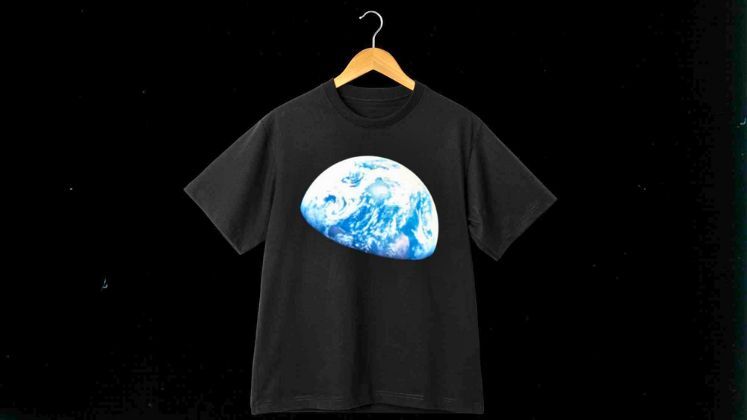
A new report has laid bare a significant chasm between the sustainability rhetoric and the actual environmental performance of the fashion industry’s major players. The Fashion Planet Benchmark Report, released by Good On You, reveals that leading brands are scoring a dismal average of just 30% in the “planet” pillar of their ratings, highlighting critical shortcomings across emissions tracking, supply chain transparency, and the adoption of circular design principles.
The report, based on an analysis of thousands of brands from fast fashion to luxury, underscores that despite years of ambitious targets and sustainability initiatives, the industry is struggling to translate promises into tangible environmental improvements. This lack of progress is attributed to factors such as supply chain complexities, cost pressures, geopolitical instability, and looming regulations, leading to what the report identifies as a worrying trend of “greenhushing” – brands avoiding communication about their sustainability efforts altogether.
Sandra Capponi, co-founder of Good on You, notes that macroeconomic issues play a significant role in the industry’s unimpressive progress, including access to capital, short-term profit pressures, squeezed suppliers, sluggish market conditions, and geopolitical uncertainty. The report emphasizes the inherent challenge in holding brands accountable due to their reliance on outsourced manufacturing, allowing them to distance themselves from the environmental impacts of their production processes.
The report concludes that the fashion industry’s current trajectory risks losing the trust of consumers, investors, and regulators while undermining the resilience of its own supply chains. It calls for major players to step up and demonstrate true leadership by integrating sustainability into core business strategies, incentivizing investment in effective solutions within their supply chains, and moving beyond superficial reporting and target setting. The data underscores that genuine progress requires a deeper, more holistic approach to environmental responsibility.






